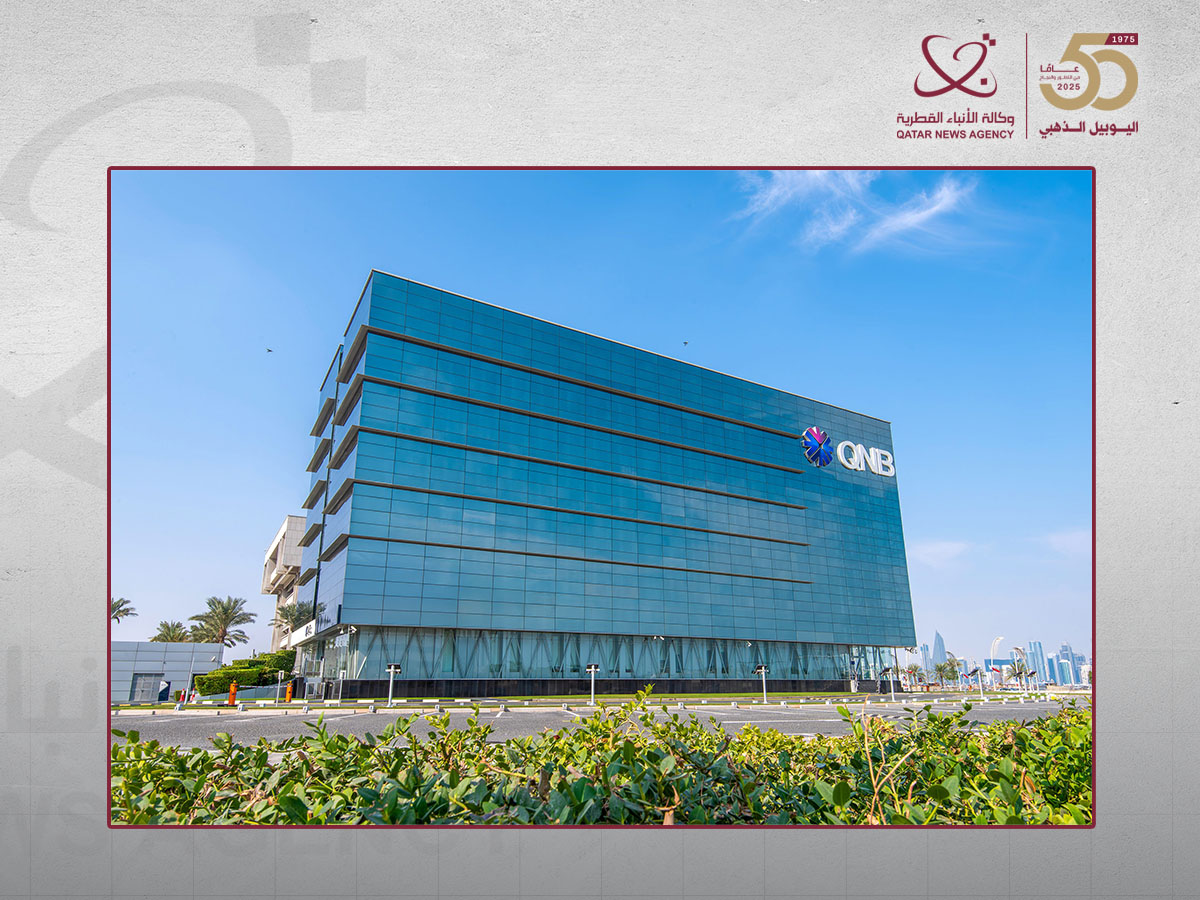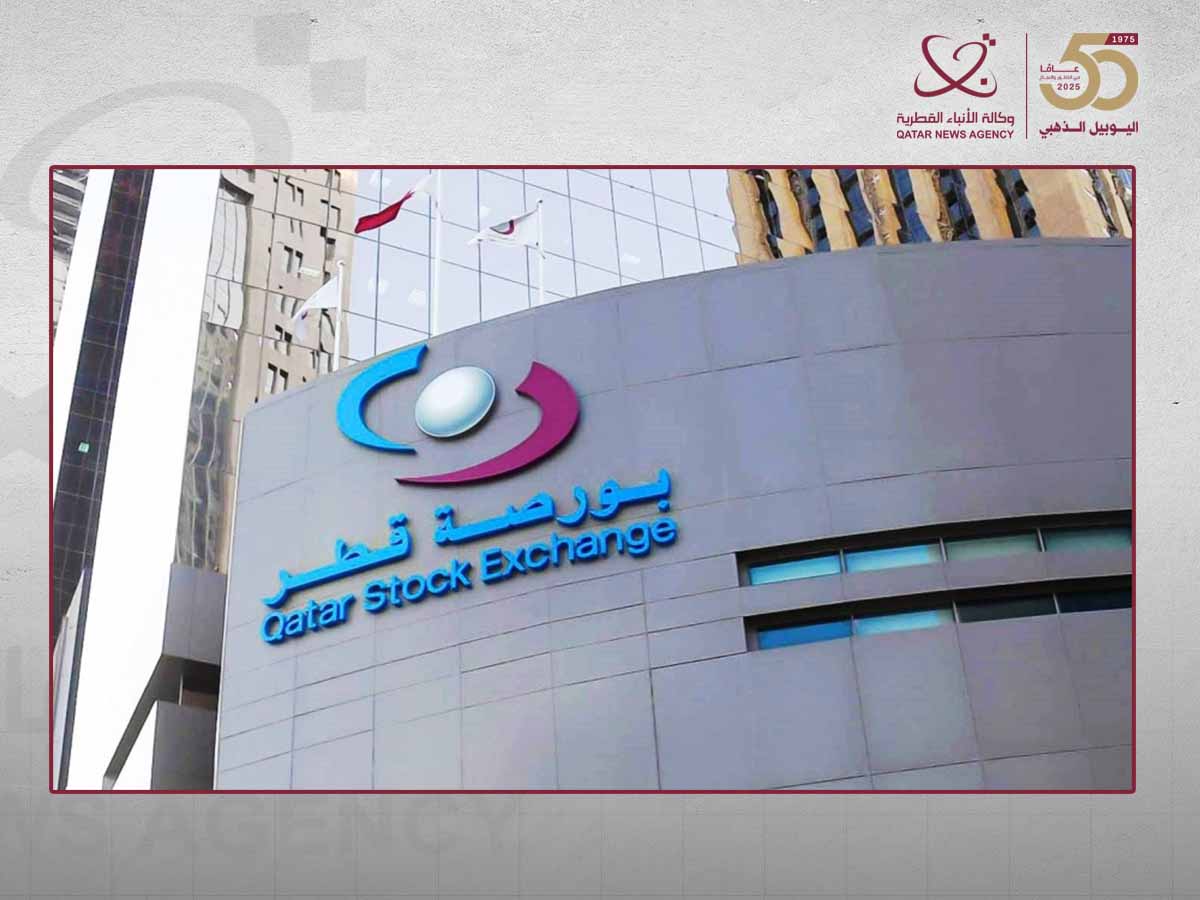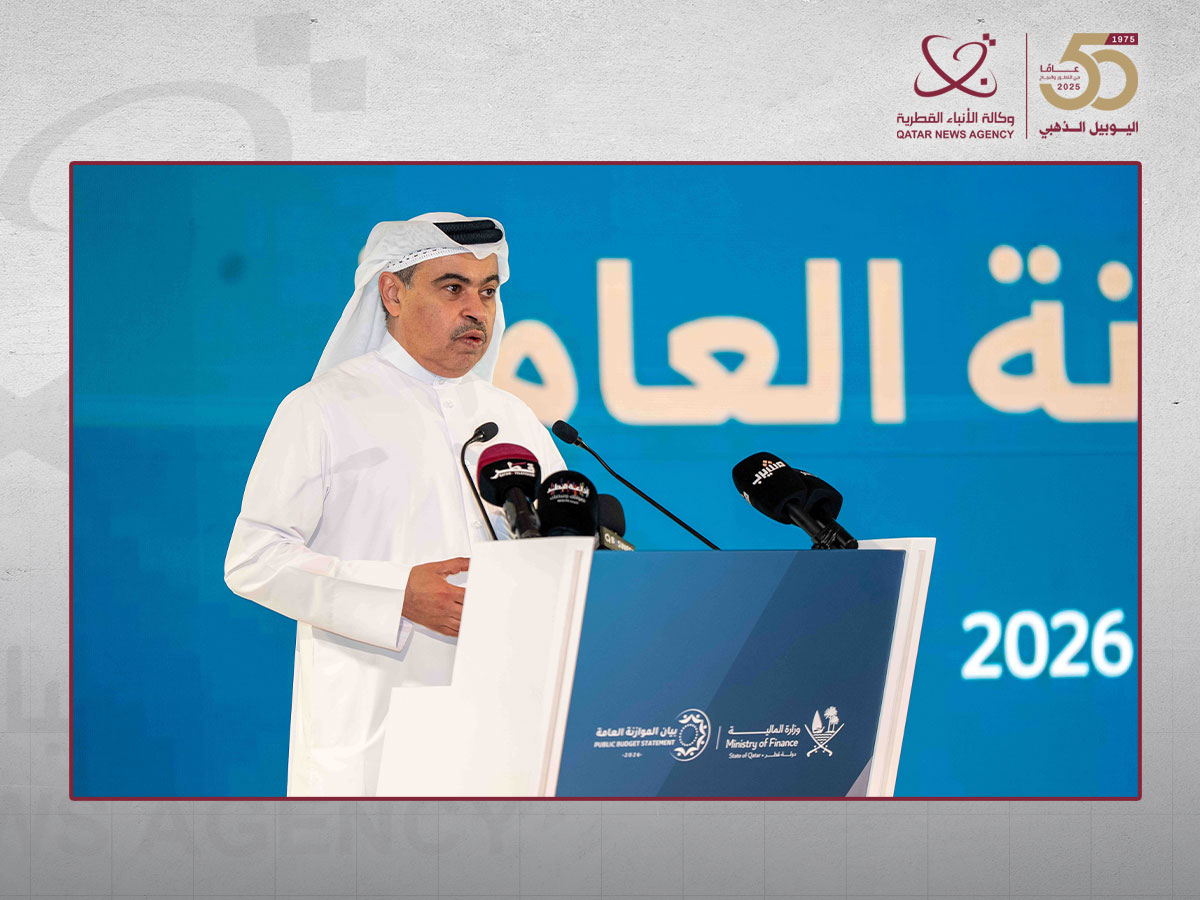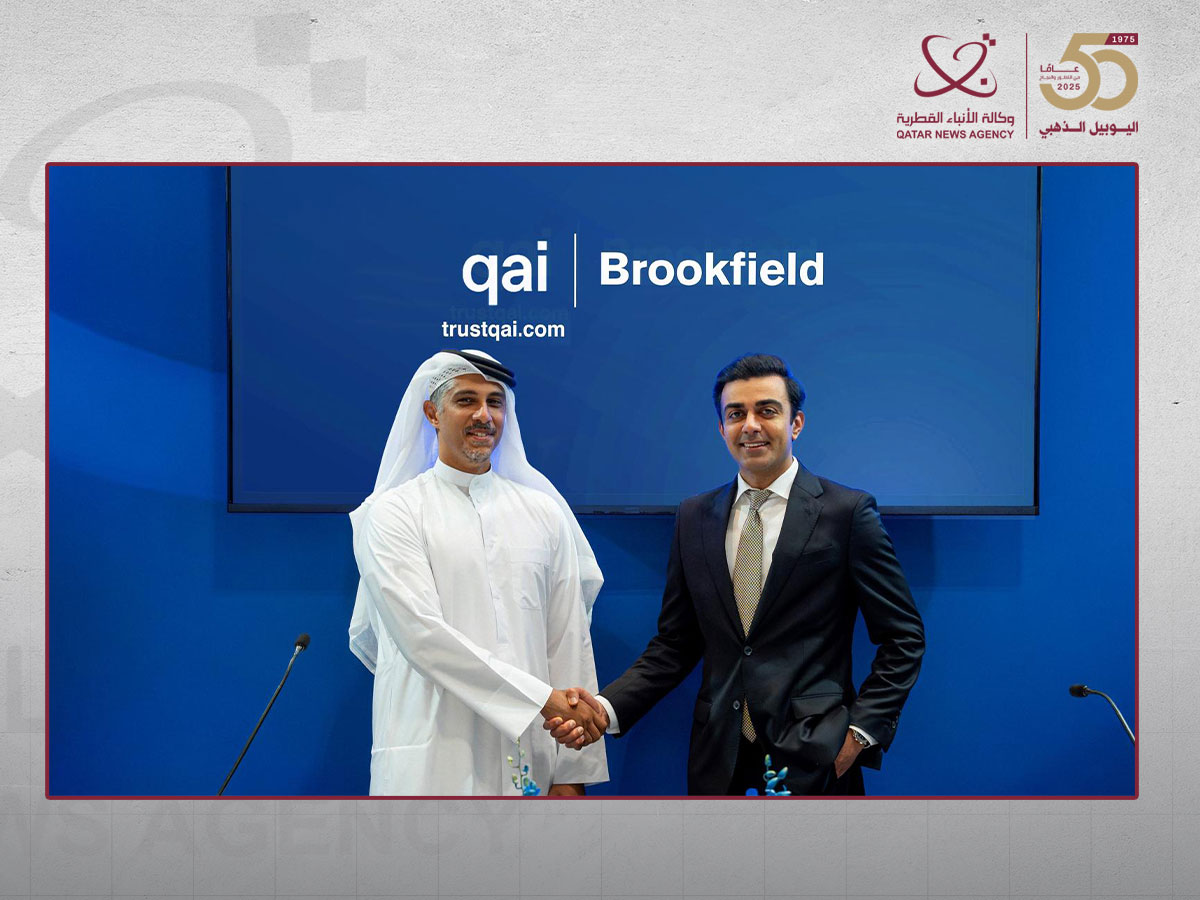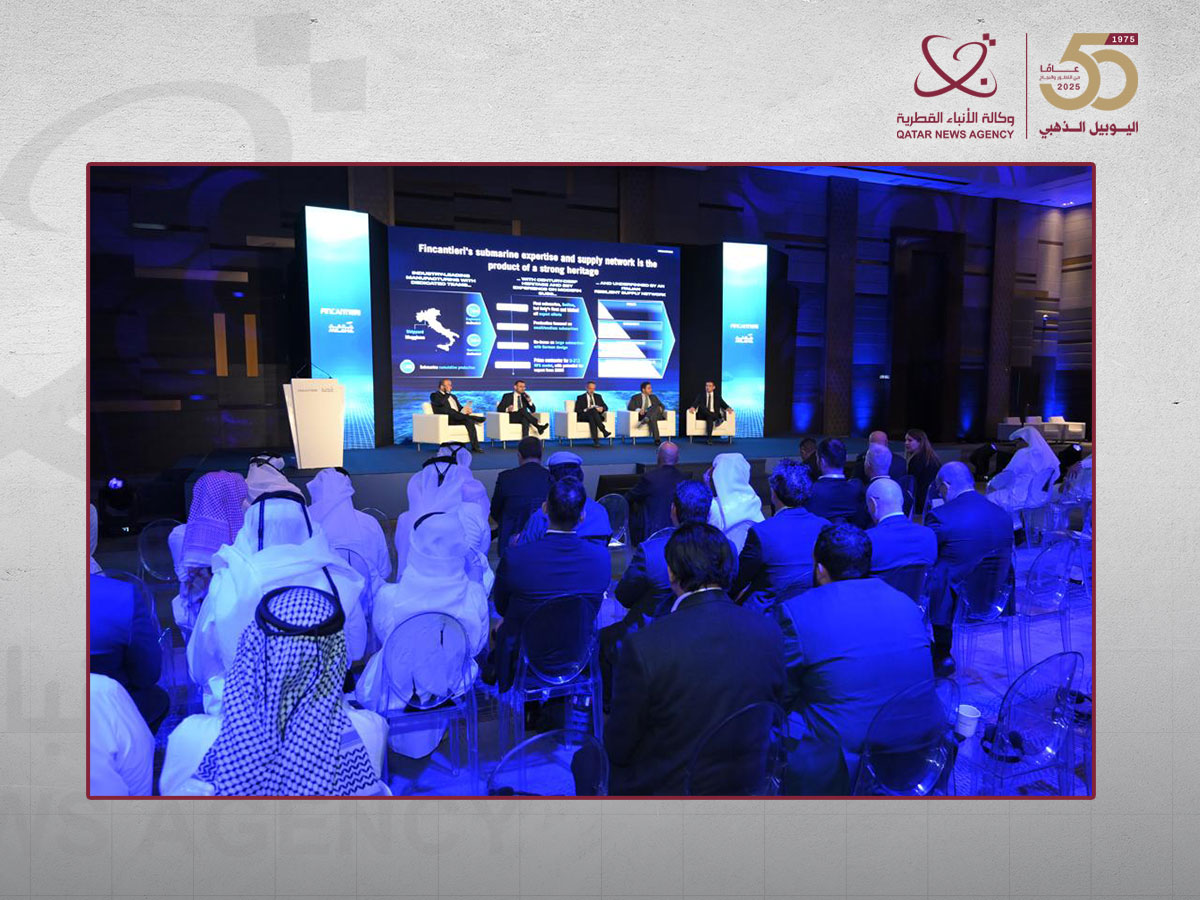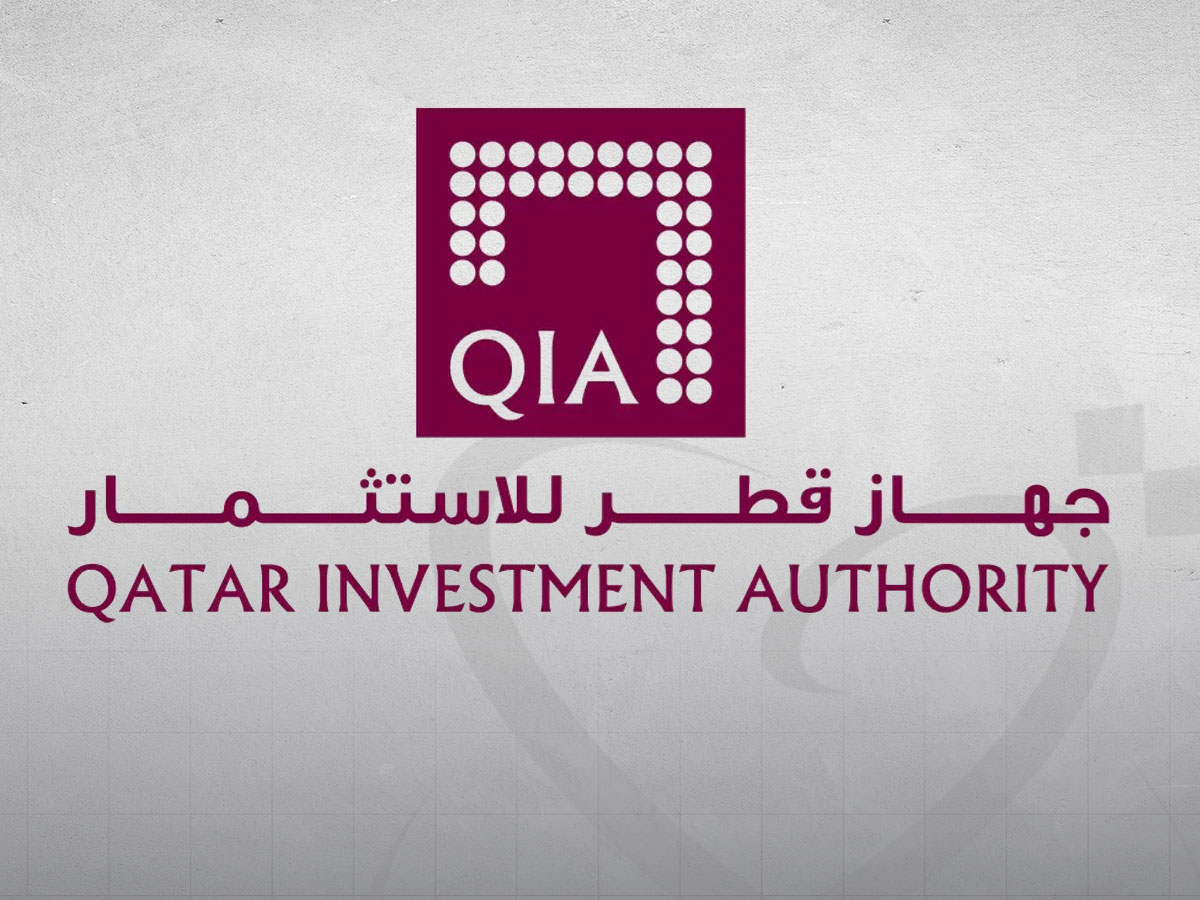Doha, March 29 (QNA) - Qatar National Bank (QNB) has forecast substantial economic growth potential for the European Union (EU) in the coming years, driven by a major shift in fiscal policy, continued monetary easing, and positive investor sentiment.
In its weekly report, QNB noted that the EU has faced significant economic headwinds in recent years, including the COVID-19 pandemic, the Russia-Ukraine war, China's economic slowdown, and political disagreements over bold economic stimulus measures or structural reforms.
While the Eurozone avoided a recession post-COVID-19, its economic growth has remained below potential, with countries like Germany, the Netherlands, and Austria experiencing official recessions or zero growth for several quarters.
The EU's performance has lagged significantly behind that of the United States.
Earlier this year, analysts predicted further weakness in the EU's economic performance, with Bloomberg consensus projecting long-term growth below the pre-COVID-19 rate of 2%.
Growth forecasts include 1.3% in 2025 and 1.5% in 2026.
QNB attributed optimism about short- and medium-term EU growth to three main factors including fiscal Policy Shift, negative political and geopolitical events, such as the rise of extremist political parties and NATO disagreements with the U.S., have prompted extraordinary fiscal measures.
Germany's coalition government, led by Friedrich Merz, has mobilized major political parties to relax strict budget rules and approve a massive defense and infrastructure spending program, requiring constitutional amendments.
Parallel EU-wide efforts have expanded the supranational budget, allowing member states to increase defense spending significantly without triggering excessive deficit procedures.
This has unlocked over €800 billion in five years under the Rearming Europe initiative.
These measures mark a shift from restrictive to stimulative fiscal policies, boosting aggregate demand and activity.
The second factor, according to QNB report, is Monetary Easing, the European Central Bank (ECB) began its easing cycle in June 2024 and is expected to implement further rate cuts this year.
Inflation and inflation expectations have successfully normalized near the ECB's 2% target.
The base deposit rate has already been reduced by 150 basis points from its peak of 4% and is expected to drop another 50 basis points by year-end, reaching 2%.
Over time, this is expected to ease financial conditions, lower credit costs, and support both investment and consumption, thereby bolstering regional growth.
The report explained the third facto as the Positive Market Sentiment, adding that the European markets have shown increased growth expectations, reflected in rising equity prices, long-term bond yields, and the euro's value.
Since the start of the year, the Stoxx 600 index has risen by 7.9%, German 10-year bond yields have increased by 50 basis points, and the euro has gained 5.8% against the U.S. dollar.
These trends indicate strong investor confidence in Germany and the EU's plans to enhance regional defense and, in turn, support economic growth.
Stock markets, in particular, signal positive earnings growth expectations and improved business conditions, especially as US stock indices face pressure and the new US administration threatens a "trade war" with competitors and allies, including the EU.
QNB concluded that these developments position the EU for stronger economic performance, addressing structural gaps and aligning more closely with global counterparts like the United States. (QNA)
.png)
 8 months ago
107
8 months ago
107


